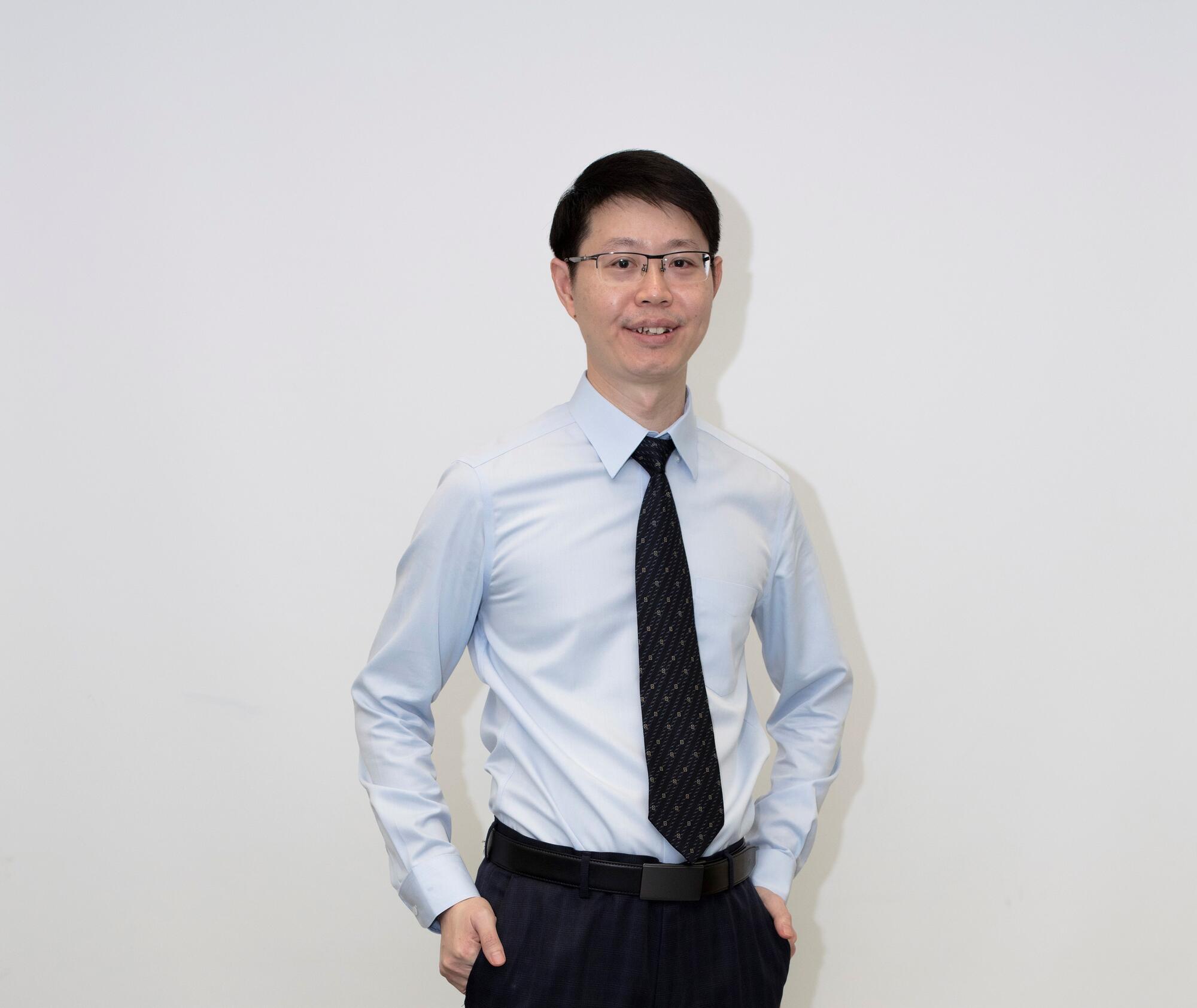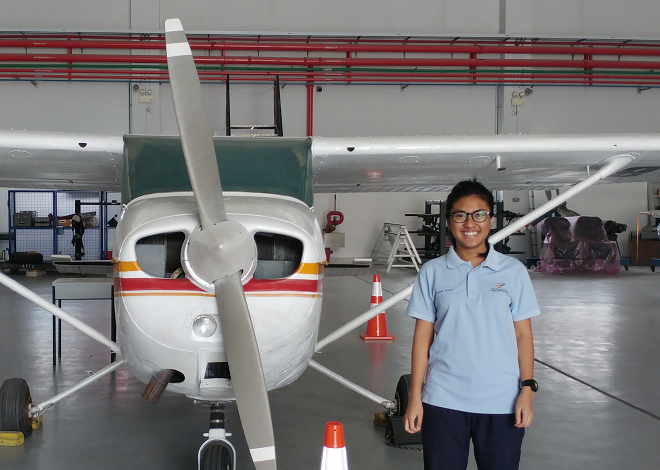Tan Hui Min, National Institute of Early Childhood Development, President’s Award for Teachers 2022 Recipient
Tan Hui Min always knew she wanted to make an impact on the lives of little children, when she was an early childhood educator. What she didn’t plan for was how much she would enjoy teaching young adults.
As a lecturer at the National Institute of Early Childhood Development (NIEC), Hui Min teaches the next generation of early childhood educators. They make the most energetic students, and their antics keep her busy and laughing, much like the preschoolers she used to teach, she quips.
When they graduate and return to see her at NIEC, they joke about how she “saved” them during their days in preschool teacher training. “They actually remember things like how I helped a student open a classroom door to retrieve a water bottle, or telling another what to do when she lost her EZ-link card!” she recounts with amusement.
Hui Min has been lecturing for 14 years after graduating with Master’s degrees in applied linguistics and early childhood education, and working at a children’s home and preschools.
“I only have one lifetime to live. If what I do makes a small difference to the students I teach and mentor, it would be worth it.”
Her bond with her students grew into a passion – for mentoring them, to ensure that they are supported, so that they can support the preschoolers they will care for in the future.
Where lecturing and mentoring go hand in hand
“What I really teach my students isn’t so much textbook knowledge,” says Hui Min with a gentle smile that reaches all the way to her eyes.
“My job, really, is to teach students how to apply knowledge learned in their work, as well as to impart values to them through service projects.”
.jpg)
One such service project she developed is called Project L.A.H, which Year 1 students undertake by partnering with a welfare organisation to serve the community. “Their experience serving in this tangible and real way helps them develop compassion and empathy for others.”
Just as her students need awareness on how to care for the community, Hui Min is deeply conscious about looking into student well-being too. As an NIEC faculty teaching at one of its Campuses nestled in Ngee Ann Polytechnic, she is happy to oversee the Mentoring Programme, in place since 2017, for all students in the School of Humanities and Social Sciences with the majority being in early childhood courses.
Having a say in a student’s prospects
Under the Programme, Hui Min co-trained the lecturers, who are assigned as mentors to one or two classes, in a 2.5-day session where they learn about the basics of mentoring and elements of positive psychology.
The trained mentors will then facilitate scheduled sessions as a class, in small groups and/or individually to discuss everything from career options to self-esteem issues with their students.
“We want every student to feel that they can turn to their mentor as that trusted adult if they have any issues big or small, about school or in their personal lives,” she says.
.jpg)
This increase in non-academic contact time may look like more work for everyone concerned, but the lecturers see value in the programme. “We’re all educators first and foremost, so our hearts are definitely with our students.”
“My colleagues and I are already mentoring some students on an informal basis, so the structured timetable of the programme gave us scheduled slots to meet with our mentees, saving a lot of time in finding common time slots to meet,” says Hui Min.
This mentoring programme allows lecturer-mentors to offer day-to day support and strengthen their rapport with students. The school will also be able to see the students as whole persons, who may be struggling with family or personal problems during that particular period, and not just another ID number on the screen, when student issues arise.
Getting used to not having uniforms
One surprising challenge that emerged from her early days of mentoring was how her students struggled with change. And the biggest change of all? Having to choose and wear their own attire to campus, unlike how they all wore uniforms in their primary and secondary school years.
“I then realised that uniforms are more than just clothes, they act as a leveller. Whether you are poor or not, no one knows from your uniform,” says Hui Min, slightly sad. “With the chance to wear your own clothes, suddenly you’re categorised and judged — maybe you’re cool, or you’re not fashionable.”
“At their age, self-confidence is a big thing. How their friends perceive them, their looks, the way they dress… It all matters so much to them.” To help the students work through all this, the mentors help with self-management: knowing what others think yet choosing to focus on what’s more important, such as being neat and presentable for school.
Five years into the programme, what counts as success? When Hui Min ran a survey with the 2021 graduating cohort of students who enjoyed the full training and mentoring effort, she was heartened that 80% of them chose to take part and shared positive results.
Today, Hui Min adds that she is also conducting courses on mentoring for preschool educators under NIEC’s suite of Continuing Professional Development courses. These trained preschool educators will, in turn, return to their workplaces to share their newfound knowledge and skills with their fellow colleagues and mentor student interns.
How does she feel about making an impact on young children and their educators through the mentoring route? Says Hui Min: “I only have one lifetime to live. If what I do makes a small difference to the students I teach and mentor, it would be worth it.”



.jpg)


